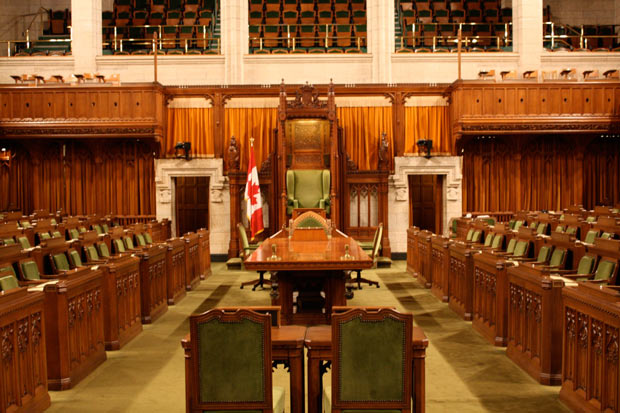
OTTAWA, THUNDER BAY – Politics – Lately labour and trade unions have been portrayed in a negative light by conservative media and business interests. Doing so may serve the interests of those casting the stones but the reality is that we owe unions our thanks for improving the economic and social well-being of working Canadians over the decades that they have been in existence.
Labour and Trade Unions in Canada
Labour and trade unions have been a fixture in Canada since the 1800s, but did not become prominent until the last century as they engaged in high profile battles for eight-hour work days and better pay for their members. Even if you are not currently represented by a union they are probably the reason that you enjoy a safe working environment, two day weekends, vacation pay, and protection from work place harassment.
The right to ‘collective bargaining,’ the process by which members of a union agree to pool their labour and negotiate as one with their employer(s), was first recognized in 1937 following a strike by the United Auto Workers at the General Motors Plant in Oshawa Ontario. Over the decades and through the collective bargaining process unions have raised the bar for all employees across Canada. They pushed for healthcare benefits which helped lead the way towards the establishment of our national public healthcare system, and forced various federal and provincial governments over the years to enact laws that protect worker’s health and safety. In the case that an individual loses their job, unions were also the first to push for the creation of unemployment benefits so that people could continue to support their families in the short term and between jobs. Today 4,562,800 Canadians belong to unions in all types of occupations from coast to coast to coast.
The impact of labour and trade unions on a local economy is both significant and overwhelmingly positive. In terms of wages the average Canadian worker without union representation makes $21.39 an hour while those that are unionized make $26.50. The whole community can benefit from the additional $5.11 per hour that is earned by unionized workers since those workers also pay $793 million more a week to our country and our communities through taxes. When unionized workers, like non-unionized workers, spend their paycheck they support local business and help prop up the local tax base. Benefits like dental insurance and extended health care and prescription coverage that union workers receive also attract and support these industries locally. Union ‘locals’ also tend to collect and use money from the dues paid by their members to support local charities like food banks and others.
For an example of the local impact of unions we need only look at the Thunder Bay area. According to the Canadian Labour Congress there were 22,300 union members living in and around Thunder Bay in 2011, which represents a full 41% of all workers who earn more than $21 million per week which is more than half of the weekly income of the entire region. The average hourly wage for union workers in Thunder Bay is $26.49 compared to the $20.59 for those who are not members. The extra $5.90 per hour in wages earned by most union workers fuel our regional economy by adding $4.73 million per week in wages and economic activity. While making a significant contribution to the local economy we should also take pride in the in the high quality of the products and services produced by unions and their employers who make first class products such as subway and train cars and pulp and paper, and deliver first class services such as elementary, secondary, and post-secondary education and various types of medical services from home care to emergency care among many others.
It may not be always apparent, especially if you tend consult large corporate media outlets or listen to our federal government members speak, but unions do in fact significantly strengthen our country and communities. They have raised the bar for working Canadians of all walks of life, unionized or not and have made our workplaces safer while increasing the economic and social benefits paid to all working Canadians, and giving back to our local economy and communities by propping up the tax base and donating their resources to social services for those most in need.
I’m sure not all of you will agree with my assessment, but I do hope it provides some food for thought the next time you hear a stranger, friend, or member of the Harper Government dumping on unions for making life more difficult for Canadians. It really couldn’t be farther from the truth.
John Rafferty MP






